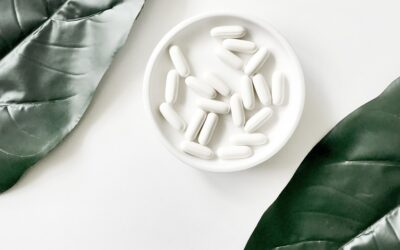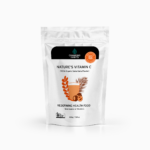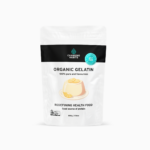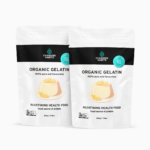Drinking lots of coffee and tea can significantly reduce a person’s risk of developing type 2 diabetes, an Australian study shows.
Consuming three to four cups of the beverages daily cuts the diabetes risk by 25 per cent for tea and coffee drinkers, compared with non-drinkers.
An analysis, by The George Institute for International Health, also found the risk could be reduced by 40 per cent – but you’d need to drink a fresh cuppa for almost every hour of the working day.
“In those individuals drinking more than three to four cups of coffee per day, the reduction in risk of developing diabetes was even greater,” said Associate Professor Rachel Huxley.
“… Up to 40 per cent in those drinking more than six cups per day compared with non-coffee drinkers.
“Interestingly, similar reductions in risk were also observed for tea and decaffeinated beverages suggesting that any diabetes-sparing effect is not driven primarily through caffeine as previously thought.”
Dr Huxley and her fellow researchers analysed 18 previously completed studies which had probed the link between coffee, decaffeinated coffee and tea consumption and type 2 diabetes.
Collectively, the studies took in just short of 460,000 people.
Dr Huxley said differences in beverage preparation – such as filtered versus unfiltered, cup size, cup strength and the addition of milk or sugar – were found to not alter the protective effect.
“Although it is too early to advocate for increased consumption of these beverages, identifying the active components of these beverages would potentially open up new therapeutic pathways for the primary prevention of diabetes”, she said.
There are about 250 million people with type 2 diabetes worldwide, and the number was estimated to reach 380 million by 2025.
Patients with diabetes are at greatly elevated risk of cardiovascular disease, as it more than doubles the risk of a heart attack or stroke.
© 2009 AAP
Source: Danny Rose, FoodWeek Online, 15 December 2009, http://www.foodweek.com.au/main-features-page.aspx?ID=6023







0 Comments